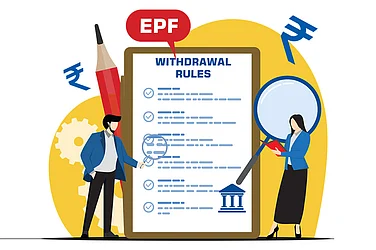How many of you go to formal channels to get financial advice? My guess would be very few. Let’s put this in perspective. In a country with a population of more than 1.43 billion, a little more than 22 million are possibly in a position to save and invest. The number of people who earn between Rs 5 lakh and Rs 10 lakh per annum is around 14 million, and those who earn more than Rs 10 lakh a year is around 8.1 million, according to a 2023 Lok Sabha response for financial year 2020-21.
Compare this number with the 933-odd Securities and Exchange Board of India-registered investment advisors (Sebi RIAs), according to data as on March 24, 2025. If we go by the figure of 22 million, which would have likely increased by now, there is a single RIA for more than 23,000 people. Go deeper and you will find that most of these RIAs are concentrated in bigger cities.
In the absence of adequate number of RIAs, the rest of the population is dependent on certified professionals who are not RIAs, distributors, including bank relationship managers (RMs), and friends and family, all of whom may or may not give the best financial advice.
The point I am trying to make is that this trend opens a wide gap not just for ‘mis-advice’, but also mis-selling, which is more of a systemic problem in India. If a product offers steep commissions, most distributors would be inclined to push it rather than a product where the commissions are lower or nil. Similarly, if company-led distributors, such as bank RMs, are saddled with high sales targets that are often mandatory, nothing will stop them from convincing a customer seeking a fixed deposit (FD) that an insurance or mutual fund product is better for them.
When mis-selling happens through banks, it becomes deadly, as these are institutions that have been traditionally seen as trustworthy. Ironically, the trusting customers of these institutions become easy and vulnerable targets for the RMs. This is especially true for senior citizens. For many of them, banks are the only financial institution they ever dealt with during a period when visiting the bank branch was par for the course, and the bank official was seen as knowledgeable and dependable.
In recent times, the banking regulator has at least acknowledged the issue of mis-selling at banks, but unless there is action on the ground, it’ll be too little, too late. The same goes for other regulators, who have been taking cognisance of mis-selling in insurance and mutual fund products.














